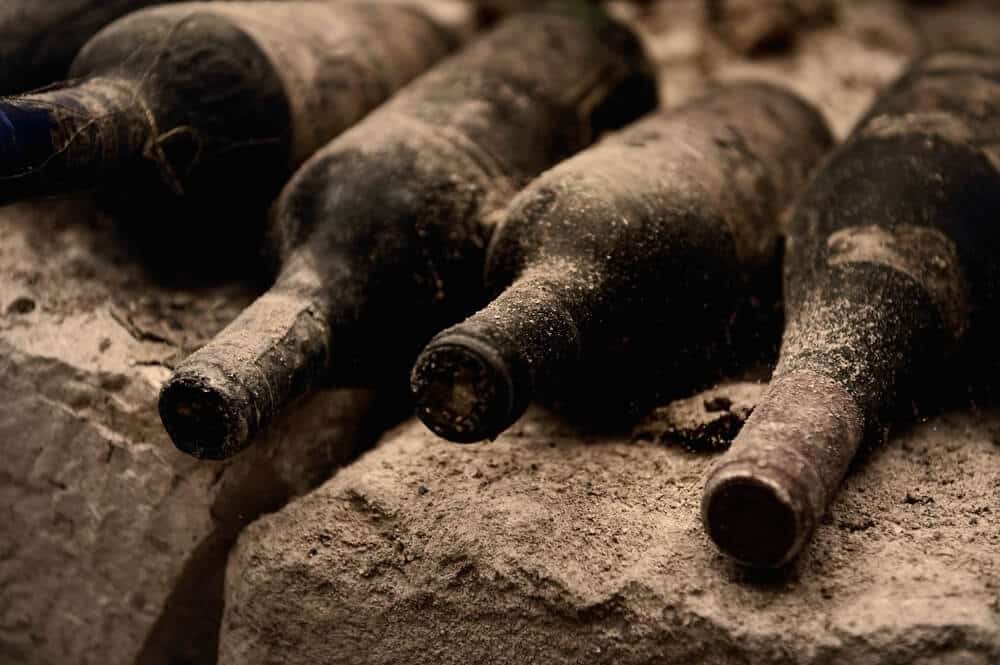Does wine go bad?
The answer is yes. Over time, exposure to oxygen will cause wine to undergo oxidation. Oxidation is a process by which the ethanol in the wine changes into acetaldehyde. This essentially ruins the wine. Subtle aromas and flavors degrade and flavors of grass, nuts, apples, or even vinegar and copper take over.
Opening a bottle of wine exposes it to air. Storing a half-empty bottle of wine for long periods exposes it to more oxygen than it would otherwise be exposed. Over time, half-finished bottles of wine will oxidize if stored for too long.
But how long is too long?
In the spirit of scientific inquiry, the Ultra team did some research. This blog post represents our findings. We intend to answer the burning question, “When does wine go bad?” Grab a bottle of unoxidized vino and follow along.
Sulfites in Wine
Before we discuss the shelf lives of different types of wine, we should discuss sulfites. Sulfites (sulfur dioxide) are preservatives added to commercial wines. They have antioxidant and antibacterial properties. Sulfites keep wines (especially white wines, which are generally more unstable than reds) from oxidizing. They slow the oxidation process and keep wines fresh until they’re opened.
Not many people realize that 99% of commercial wines contain sulfites. They do not require aging and can be drunk immediately. There’s only so much that sulfites can do to keep wine fresh, however. After a certain period of time, a wine (opened or unopened) will lose its flavor and oxidize. It’s just a question of when.
Unopened Wine
Broadly speaking, unopened commercial white wine lasts for 1-2 years. (Assuming that the bottles sit in a dark, cool place away from heat, light, and vibration, that is.) Red wines, being more stable than whites, may last up to 2-3 years. Boxed wine can last up to a year.
Fine wines, on the other hand, do not contain sulfites. These wines are intended to be cellared for lengthy periods of time to bring out their subtler flavors and aromas. Fine wines can last almost indefinitely if stored properly. It’s not uncommon for wine collectors to lay bottles of fine wine down for years at a time until they’re perfectly aged.
Opened Wine
Once the wine is opened and exposed to air, the clock begins to tick. Even if you re-cork the bottle, there will still be a larger volume of air inside the bottle. A greater amount of the wine’s surface area will come into contact with this air, speeding the process of oxidation.
Commercial white wines generally last 1-3 days in a refrigerator after opening. Red wine (which is, again, more stable) can last 1-2 weeks. Fortified red wines such as port can last up to two months if they have a good cork and cool place to sit. Cooking wines like sherry can also last for 1-2 months after opening if stored in a refrigerator.
Does wine go bad? Yes. To summarize, once a wine bottle opens, the countdown to undrinkability has begun. Red wines last longer than whites, but no wine will stay good indefinitely after opening. Also, wines must be stored properly if they’re to last at all: a cool, dark, vibrationless place is best.
Stay tuned for more educational blog posts coming your way from Ultra Wine Racks & Cellars. And be sure to visit our website for the latest wine racking solutions. Happy sipping!


YOUR COMMENT